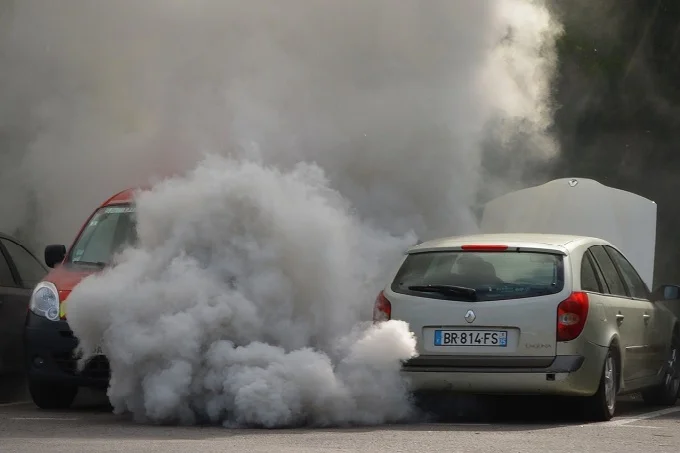No country meets the WHO air quality guidelines 2021. According to a report from the Swiss company IQAir, the clean air quality standard was set by the World Health Organization (WHO) in September 2021. This monitors air quality on the basis of tens of thousands of measuring stations worldwide.
The problem lies in particulate matter that is smaller than 2.5 micrometers per particle. Particulate matter occurs, for example, in the emissions from cars and power plants and smoke from forest fires. According to scientists, particulate matter is responsible for 7 million premature deaths per year.
To get the latest stories, install our app here.
The WHO, therefore, drew up guidelines in the autumn in which the acceptable amount of particulate matter per cubic meter of air was halved.
Air quality was generally worst in Asia. The cleanest air was found in New Caledonia, a group of islands in the Pacific Ocean. Among the developed countries, Finland had the best air quality. There were as many as 222 cities worldwide that reached the target.
